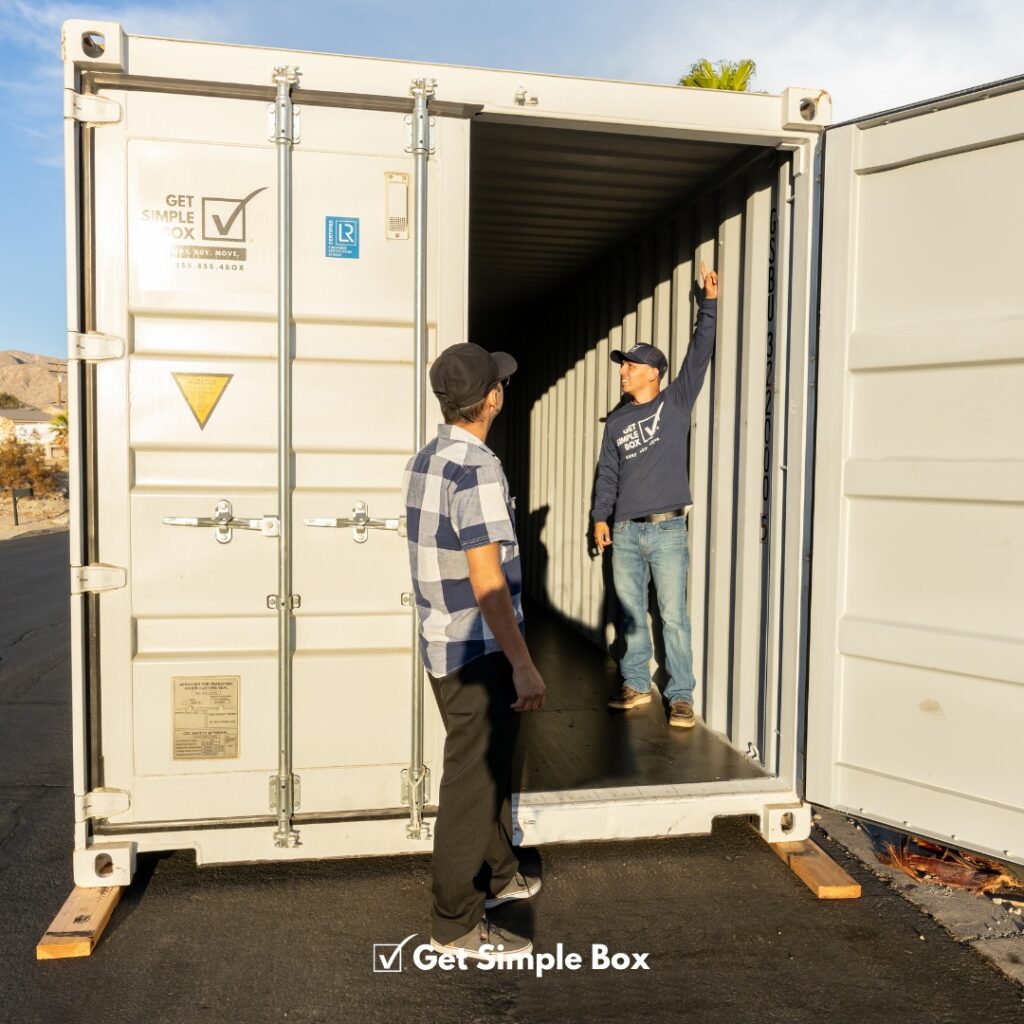Pros and Cons of Leasing Transport Containers

Recently, the interest of shipping containers for leasing has surged as businesses and individuals seek effective storage options. Whether you need to store equipment on a job site, create temporary housing, or build a secure space for personal belongings, renting a shipping container offers a flexible and often affordable option. With storage containers brought directly to your site, these units provide convenience and accessibility that traditional storage methods may lack.
However, as with any option, there are both pros and cons to consider when it comes to renting shipping containers. Although the benefits may be enticing, such as reasonable rates and ease of transport, potential drawbacks like limited space and the need for ongoing maintenance should not be dismissed. Understanding these elements can help you make an wise choice that best meets your needs.
Perks of Renting Shipping Containers

Leasing transport units offers versatility that is much appreciated by consumers and companies alike. If you require extra storage space for a temporary project or seek short-term accommodation for your crew at a construction venue, cargo units for rent can be a great solution. This flexibility allows you to modify your storage demands without committing to a long-term commitment, making it more manageable to organize your supplies effectively.
Another notable advantage is the benefit of having storage containers transported directly to your location. Companies that offer shipping containers for rent often include logistics support, which means you do not have to stress about moving them. This service frees up you time and effort, as the units arrive at your destination prepared for operation, allowing you to focus on your task without unnecessary stress.
Further, leasing cargo containers can be more economical than purchasing them fully. This strategy curtails your initial cost and reduces long-term overhead. For businesses that occasionally require more storage, leasing proves to be an economical choice. It provides quick availability to quality storage solutions without the burden of being an owner.
Disadvantages of Renting Shipping Containers
One major disadvantage of leasing freight containers is the expense in the long run. While the initial rental fee may seem attractive, it can add up rapidly, especially for long-term storage requirements. Leasers may discover themselves spending more in the long run compared to buying a container outright. For companies or persons who need ongoing storage, this choice may not be cost-effective.
Another problem is the absence of customization. Most rental services provide basic freight containers with few options for modifications. If a renter needs particular features like thermal protection, storage solutions, or electrical outlets, they may have to settle on their preferences. This can restrict the intended use of the containers and reduce their functionality for unique projects or items.
Lastly, there can be logistical challenges associated with transporting containers delivered to your location. Depending on the rental service, delivery times may differ, and availability could be an obstacle. Additionally, lessees should consider the area needed for the container and regional regulations regarding container installation. These factors can make difficult the leasing process and lead to potential inconveniences for the customer.
Conclusion: Is Leasing Right for You?
Ultimately, the decision to rent shipping containers depends on your individual needs and circumstances. If Contact Us need temporary storage options or brief project space, leasing shipping containers provides a versatile and cost-effective solution. This approach allows you to meet project deadlines without the extended commitment that comes with purchasing containers upfront.
However, it's crucial to think about your long-term needs as well. If you often utilizing storage containers regularly or for extended periods, purchasing may be more economical in the long run. Analyzing your usage patterns can help inform whether renting is a transient solution or a potentially permanent necessity.
Before making a decision, weigh the advantages and disadvantages carefully. Think about factors like the cost of rentals, frequency of access, delivery options, and storage capacity. Assessing these aspects will enable you to select the right method that aligns with your requirements and ensures you get the most out of your shipping containers for rent.

